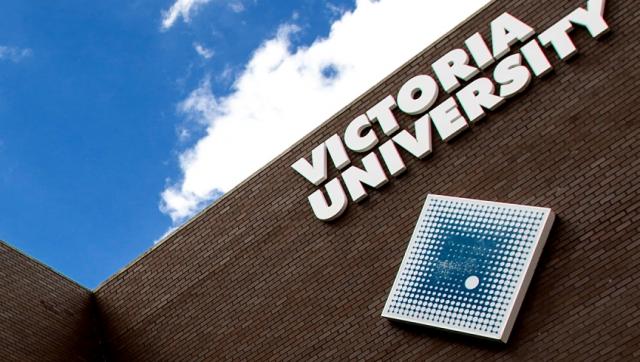By Molly Magennis
A landmark study by Victoria University (VU) professor has discovered new details about how cells in the human body respond to exercise.
Professor David Bishop from VU’s Institute for Health and Sport, in collaboration with Dr David Stroud from the University of Melbourne, researched the link between exercise and mitochondria.
The study, which has been published in Nature Communications, examined how mitochondria respond to different types of exercise.
Researchers worked with the German Diabetes Center and Murdoch Children’s Research Institute, and analysed how muscles respond to exercise.
This led the team to discover a previously undemonstrated network of adaptations within cells that are influenced by the amount of exercise people do.
Cancer, type two diabetes and cardiovascular disease are among the diseases where defects in mitochondrial function have been connected to either the cause or severity of the illness.
Professor Bishop said one of the ways to improve mitochondrial function is exercise, describing it as the “best value buy” for public health.
“It’s low cost and can be hugely beneficial for health,” he said.
“One day, we hope someone with type two diabetes, cancer, or even a type of mitochondrial disease will receive a referral to an exercise physiologist who prescribes a tailored exercise program based on our research.”








